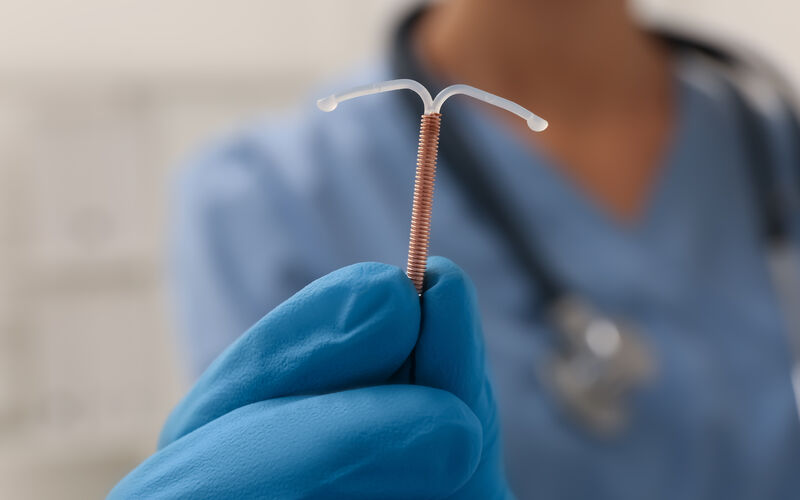Study Links IUDs to Increased Breast Cancer Risk
New research has found that women using contraceptive intrauterine devices that deliver a certain hormone have an increased risk of breast cancer, however the overall risk of disease in these women remains low.
The study looked at more than 78,000 Danish women who used IUDs that release the hormone levonorgestrel, part of a class of medications called progestins. Common brands in the U.S. include Kyleena, Liletta and Mirena. Researchers compared those women to women who did not use the device and found that those who used levonorgestrel IUDs had a 40% higher chance of developing breast cancer. This translates to an estimated 14 more breast cancer cases per 10,000 women over five years and mirrors the same breast cancer risk as women who take hormonal birth control pills.

Hatem Soliman, MD
Hatem Soliman, MD, a medical oncologist in the Breast Oncology Department at Moffit Cancer Center, says if enough progestin is absorbed into the bloodstream it can cause changes in breast tissue. If that effect continues for an extended period of time, it can lead to the development of cancer.
“I think the main issue is that women and some providers were under the impression that an IUD would not cause systemic effects like a birth control pill, but that impression is probably not accurate,” he said.
According to The Centers for Disease Control and Prevention, 65.3% of women ages 15 to 49 in the U.S. use contraception. Of those, 14% are using oral contraceptive pills and 10% are using long-acting reversable contraceptives.
Soliman says although research has linked hormonal contraceptives with breast cancer risk, there is no need for women to panic because the increased risk is still relatively low. Women should talk to their primary care physician and/or gynecologist to weigh their overall breast cancer risk with the benefits of hormonal birth control to see if it is right for them.
“Women should also adhere to recommended screening and regular exams to catch anything early,” Soliman said. “Finally, women should consider other nonhormonal birth control methods if they have an elevated risk for breast cancer.”
A cohort study found an association between levonorgestrel-releasing intrauterine system use and increased breast cancer risk in females aged 15 to 49 years, compared with nonuse. https://t.co/l8lWIZbFeT pic.twitter.com/wduWjmg4Dv
— JAMA (@JAMA_current) October 16, 2024




